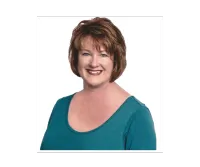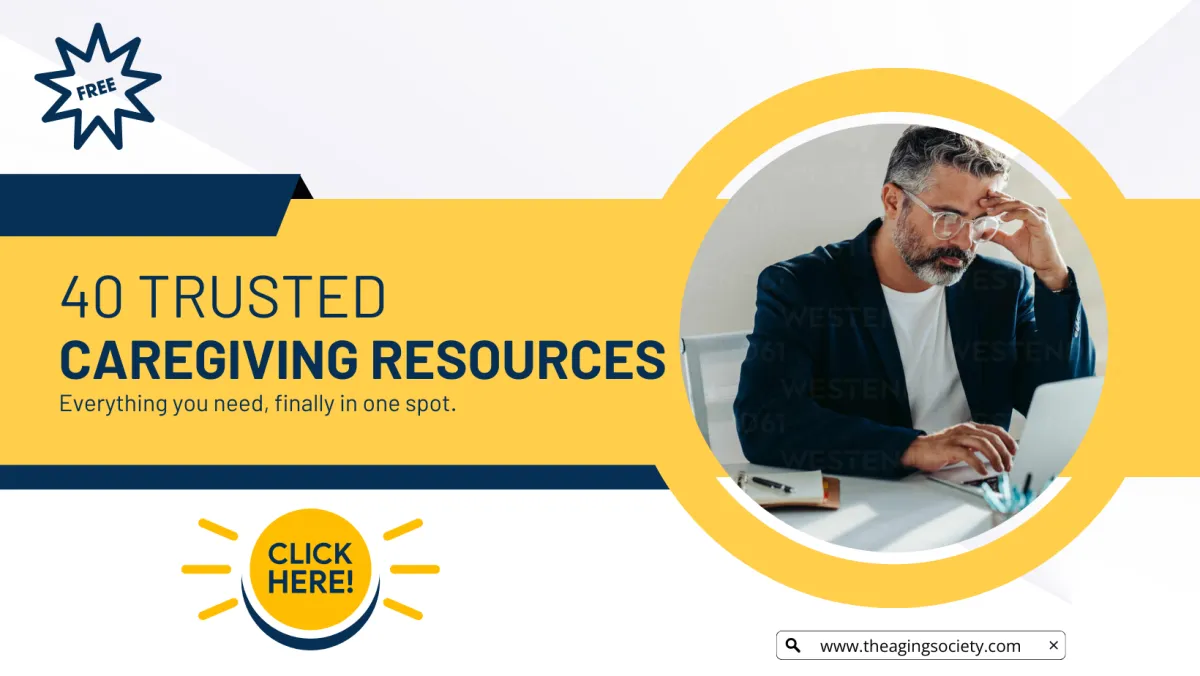Thoughtful Support For The Caregiver
Who Needs To Get It Right
Because You Care Deeply
You don’t complain. You don’t make a scene. You just keep showing up.
You remember the medications. You clean the dishes. You rearrange your life around everyone else’s needs. And somehow, people still say, "You’re so strong."
But what they don’t see is the cost. The exhaustion. The silent resentment. The fear of what happens if you don’t show up.
This space is for you. The caregiver who’s been steady, quiet, and under-supported for too long.
You Don’t Have To Be The Strong One Every Day
There is no award for doing this silently. And there’s nothing weak about needing support. What you might need most right now is:
Permission to stop holding it all in
Words to explain what you’re carrying
Tools that lighten your load without adding more to it
You’ll find all of that here. And no one will ask you to "do more" to get it.
What You'll Find Here
✨ Curated Blog Posts Caregiving guidance for the deeply responsible, detail-oriented, emotionally invested decision maker.
📅 Planning & Clarity Tools Checklists, guides, scripts, and decision trees that simplify without oversimplifying.
🏡 Resources That Respect Your Standards Only products and services we’d recommend to our own family members — because your standards are high (and so are ours).
Start With Something Small:
One Small Shift
A daily, two-minute nudge to help you move forward, gently, thoughtfully, and with clarity. Caring for an aging parent isn’t just about logistics, it’s layered with uncertainty, research tabs, and the pressure to “get it right.” You don’t need more noise or another overwhelming to-do list. You need a small, steady path forward.
That’s what One Small Shift offers:
📧 One short daily email you can read in under two minutes
📚 A story, insight, or mindset shift from real caregivers who’ve been there
🛠 A low-pressure action you can take right now to feel just a little more in control
This isn’t about rushing. It’s about creating calm and clarity, one thoughtful step at a time.
💡 Once you're in, you'll also get guided tools for moments that matter most:
✅The Caregiver Starter Kit
✅Mistakes to Avoid When Choosing Care
✅Senior Living Tour Checklist
✅Clarity Checklist: What Your Parent Really Needs
✅40+ Trusted Resources Directory
No pressure. Just a better way to move forward.
You Deserve Support That
Matches Your Mindset
You’re not overthinking. You’re being thorough. And that’s something to honor, not rush past.
Take your time here. Look through the resources below. And know this: just because you care deeply doesn’t mean you have to carry it all alone.
Talk With Purpose
31 Days of Scripts & Strategies For Families Navigating Senior Living Options
For caregivers who think deeply, care deeply, and want to get it right.
If you’ve been holding off on family conversations because you’re not sure how they’ll land, this guide was made for you.
Talk With Purpose offers 31 structured, real-life caregiving scripts, designed to help you open difficult conversations with aging parents, siblings, and other family members.
Each page includes:
✅ A relatable Scenario
✅ A ready-to-use Script
✅ A short Strategy Tip so you understand why it works
✅ A Reflection Prompt to help you build confidence over time
You don’t need to read it all at once. You can skip around. Bookmark what matters. Return when you’re ready. This guide respects your thoughtfulness.
It doesn’t rush you, it simply gives you the structure and support to move forward, one conversation at a time.
When You’re Ready to Explore What’s Next
You don’t have to decide everything now, but you can start gathering what you need.
After the conversations begin, the next question often becomes: “What care options make the most sense for us?”
That’s where the Senior Living Guides come in. Each one focuses on a single path, Home Care, Independent Living, Assisted Living, or Memory Care, so you’re not overwhelmed by information that doesn’t apply yet. Inside each guide, you’ll find: Clear definitions (no jargon)
✅Key questions to ask providers and your family
✅Comparison points to help weigh what matters most
✅Conversation tips for discussing each option with loved ones
You don’t have to decide today. You’re just creating a more informed starting point.
Let the guides support your process, not pressure it.
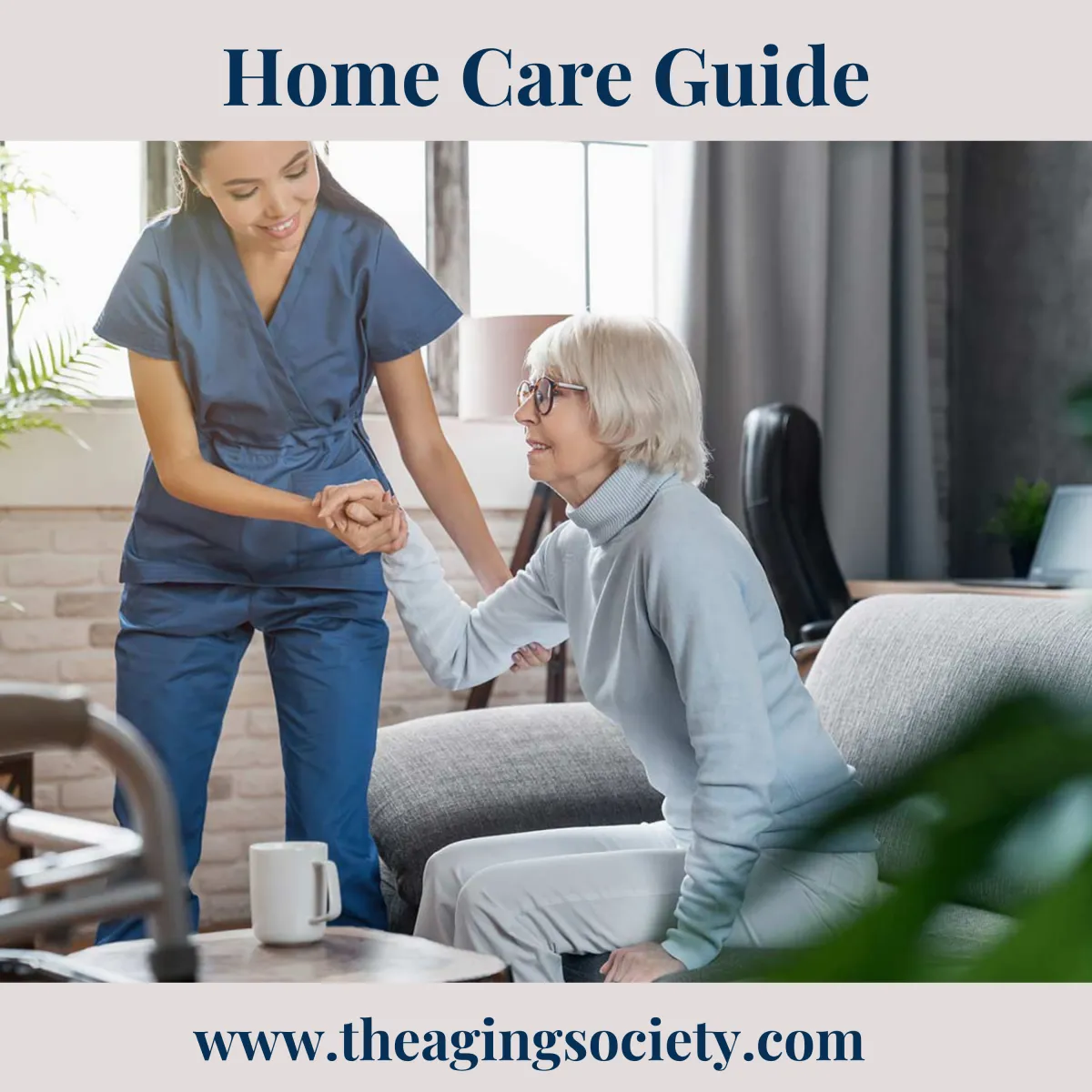
Not ready for a big move? This guide walks you through what quality home care looks like, how to choose the right help, and how to protect your parent’s safety and independence.
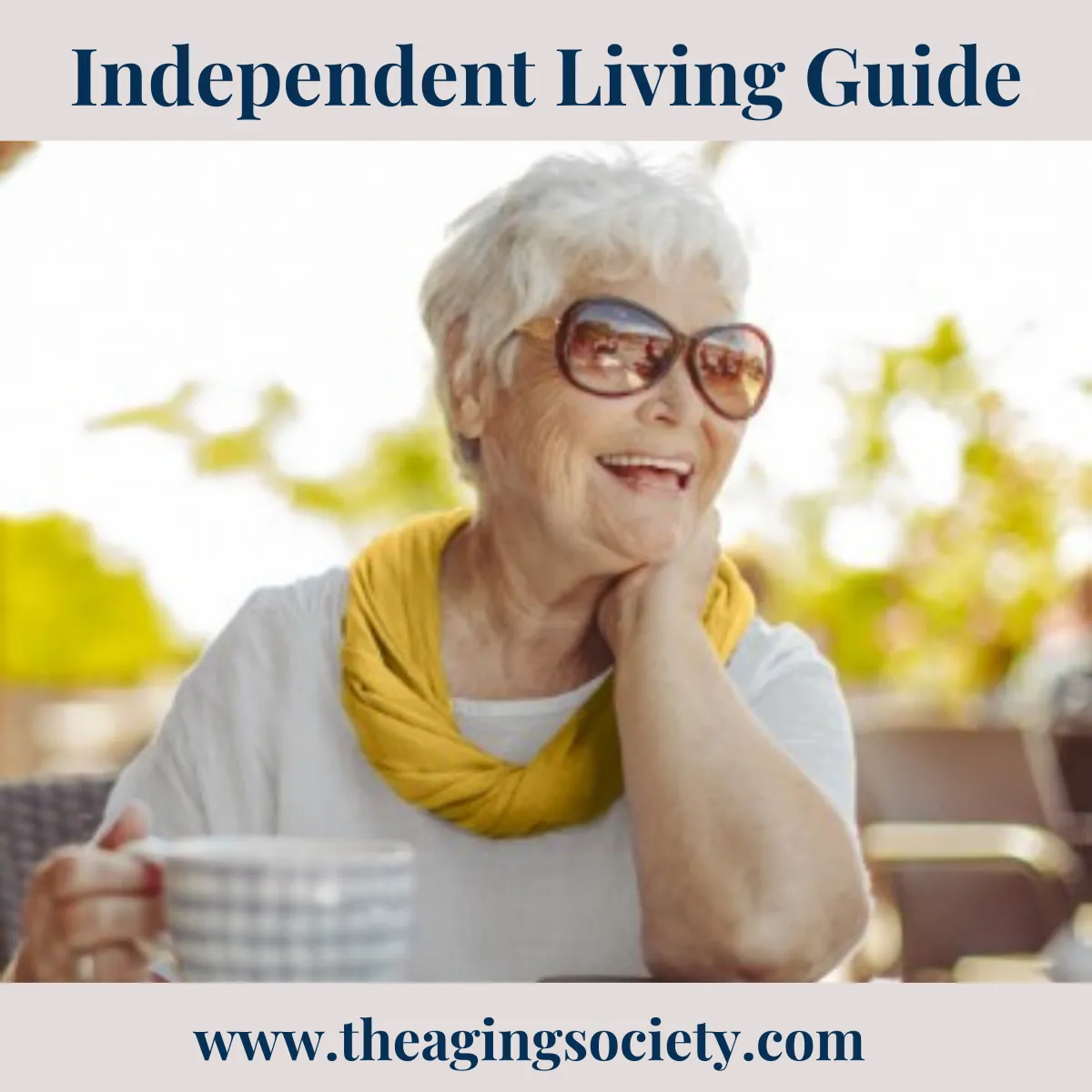
Wondering if your parent just needs a little community and support, but not full-time care? This guide helps you evaluate independent living options, including key questions and red flags.
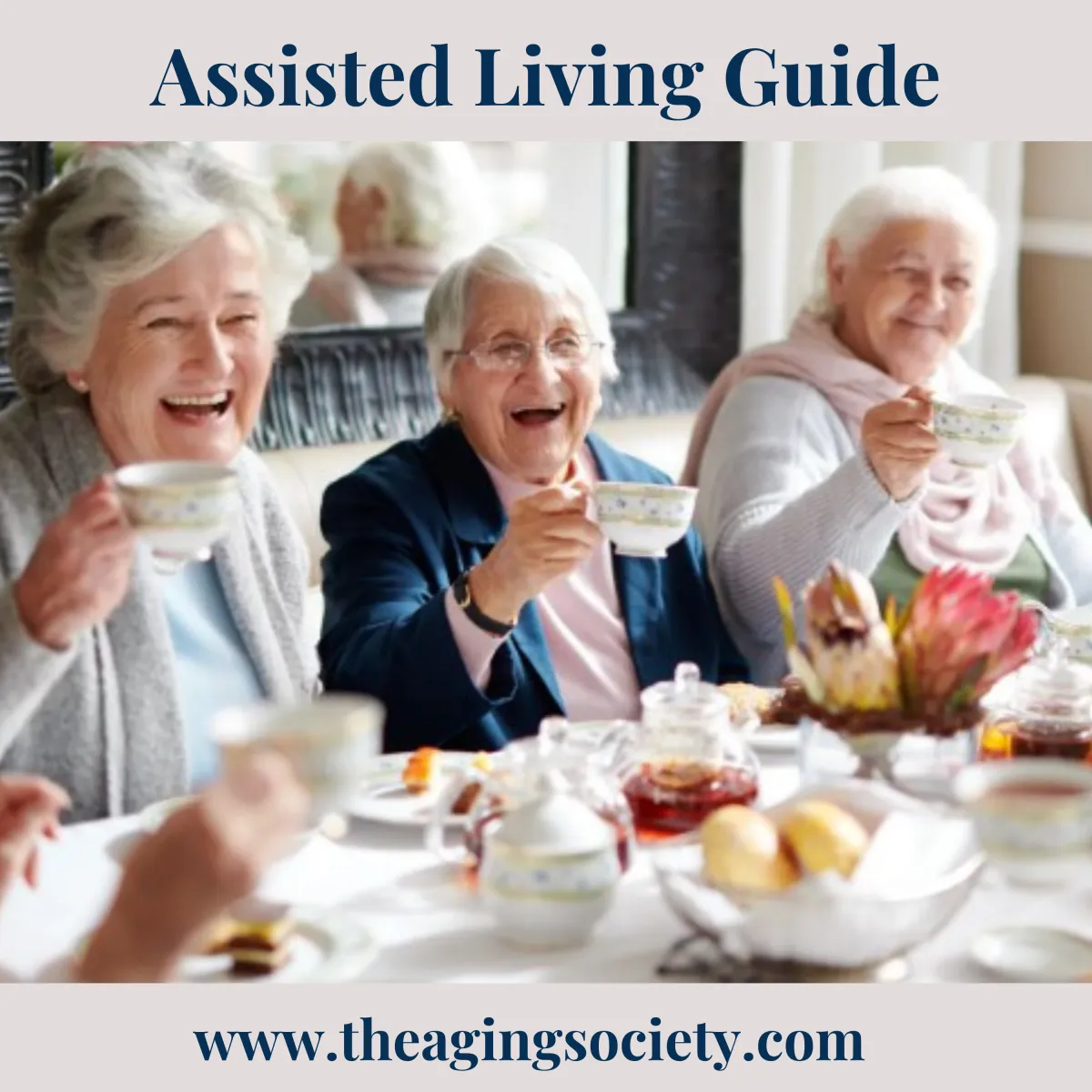
From bathing and meals to meds and mobility, this guide helps you know when assisted living might be the right step, how to tour facilities, and how to make the decision with less guilt and more confidence.
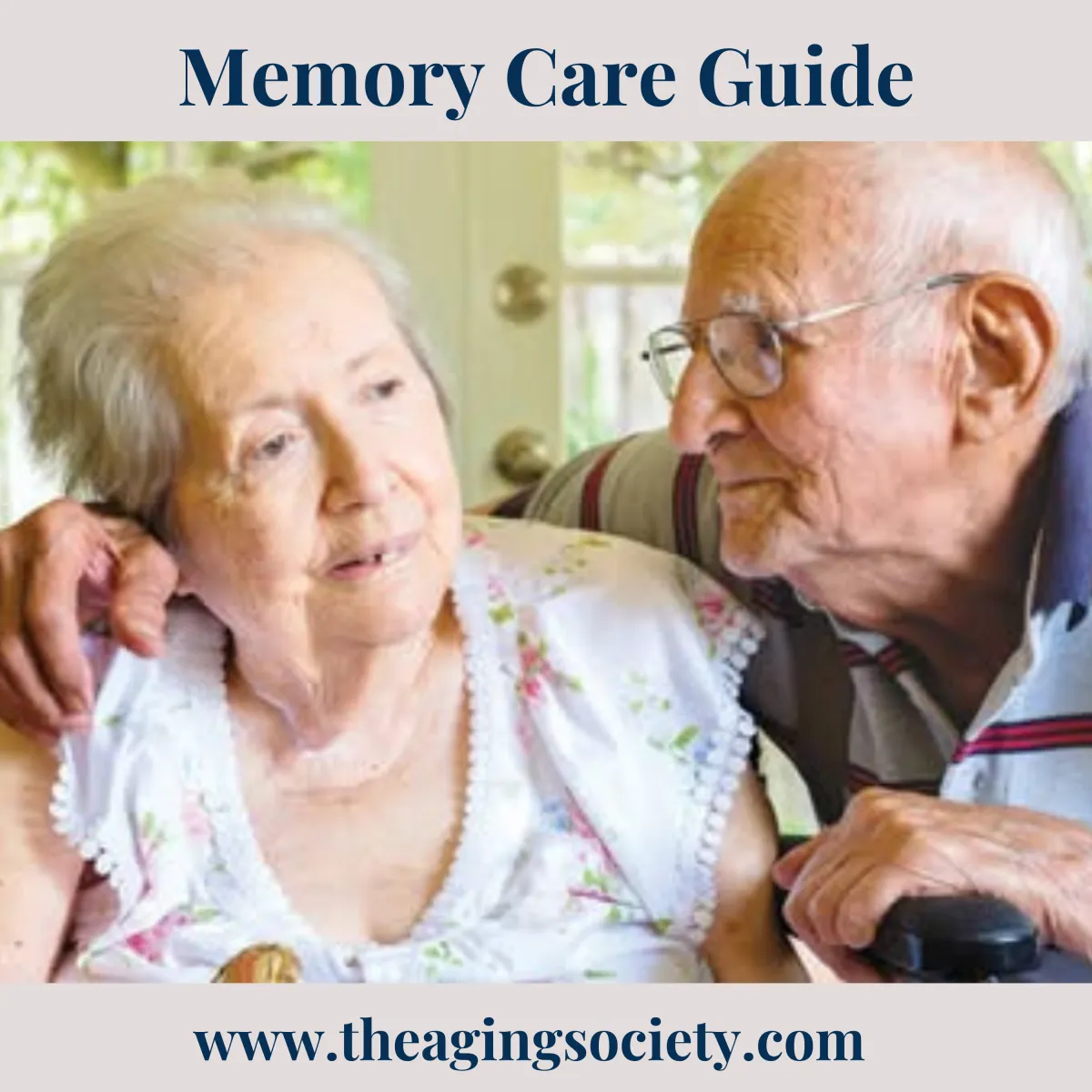
When memory loss is affecting safety or personality, this guide helps you understand what memory care really means, and how to make a thoughtful plan rooted in love and reality.
Clarity Without The Noise
One Small Story
These posts are for the caregivers who research everything and still feel uncertain.
Here, you’ll find stories, scripts, and decision tools that cut through the overwhelm and help you move forward with confidence. No fluff. Just grounded guidance you can trust.

They Seem Fine Again… But Should You Step Back? | A Supportive Guide for Caregivers
When your parent suddenly rebounds, it’s easy to second-guess your instincts. This post helps you pause, reflect, and move forward in a way that honors both their progress and your own well-being.
There’s a strange kind of tension that happens when your aging parent suddenly seems... okay again. One week you’re researching assisted living options or adjusting medications, the next they’re back to their old routines, insisting they don’t need help after all. Part of you wants to believe it, to take a breath, to step back. But another part hesitates. Was it really that serious? Did you overreact? What if stepping back now means missing something important later?
If you’re caught in that in-between, not crisis, but not certainty, you’re not alone. This post offers space to reflect before rushing to decisions. Because caregiving isn’t just about reacting to health changes, it’s about learning to trust yourself, even when things feel unclear.
Understanding The Whiplash Of Sudden Recovery
Recoveries can be beautiful and confusing. Especially after a health scare or cognitive dip, when the fog lifts and your parent seems like their old self again, it’s natural to feel hope. But hope can also come with hesitation.
Medical events, medication changes, or emotional stress can cause temporary downturns that mimic long-term decline. When they pass, things may feel “normal” again. Still, that doesn’t mean nothing happened. Recovery isn’t always stable, and it doesn’t erase the stress you carried during the low point.
Why It’s Tempting To Step Back And When That’s Okay
You’re tired. You’ve been in alert mode. When the crisis eases, it’s human to want rest, and your parent might echo that desire. “I’m fine,” they may say. “You don’t need to worry.”
And maybe they’re right, for now. Sometimes a step back can be healthy for both of you, giving space to rebuild trust and autonomy. But stepping back doesn’t mean stepping away entirely. It means pausing with intention, staying present, and checking in without hovering.
Signs Your Loved One May Still Need Support
If you’re unsure whether to ease off or lean in, watch for subtle signs. A sudden recovery doesn’t always tell the full story.
Physical Red Flags to Watch For
Frequent minor falls or balance issues
Unopened mail, dishes piling up, or missed appointments
Missed medications or confusion about timing
Emotional and Cognitive Clues
Increased forgetfulness or difficulty following conversations
Withdrawal from activities they previously enjoyed
Mood swings, irritability, or anxious behavior
These aren’t reasons to panic, just invitations to stay curious and compassionate.

How to Stay Involved Without Overstepping
Striking the right balance means staying connected without being controlling. Your presence can be a source of calm, not pressure.
Set Gentle Check-Ins and Boundaries
Suggest regular coffee chats, shared errands, or weekly video calls, not as surveillance, but as rhythm. Let your parent know you respect their independence while still wanting to stay close.
Reframe the Role: From Rescuer to Supporter
You’re not always the fixer. Sometimes, you're simply the witness, cheering on their good days, and gently stepping in on the hard ones. That mindset shift can ease tension on both sides.
They Seem Fine Again… But Should You Step Back?
Only you can answer this, and it’s okay if the answer isn’t immediate or final.
Ask yourself:
Is my worry based on current facts or past fear?
What does my gut say when I picture stepping back?
What’s the smallest step I can take to test this new ground?
You might decide to step back gradually. Or you might stay more involved. Either choice is valid if it’s rooted in thoughtfulness, not guilt or guesswork.
FAQs About Stepping Back After Recovery
How do I know if my parent’s recovery is stable or temporary?
Speak with their doctor or care team. Ask about patterns, red flags, and whether a change in routine is appropriate. Keep a log of behaviors or concerns to reference.
What if I step back and something goes wrong?
There’s no perfect formula. Risk is part of life. But staying in communication and setting soft touchpoints can help you stay informed without hovering.
Can stepping back actually help my parent feel stronger?
Yes. Autonomy and self-efficacy are deeply tied to dignity. If your parent is truly able, stepping back can empower them, and build mutual trust.
I’m scared I’ll miss something. What should I do?
That fear is valid. Try not to silence it, but don’t let it steer you entirely. Build a support system (family, neighbors, tech alerts) so you’re not the only one watching the signs.
Final Thoughts: Trusting Yourself Through Uncertainty
Caregiving rarely happens in black and white. Most of the time, it lives in the gray, the “maybe” and “what if.” What matters most is that you don’t abandon your own inner compass. You’ve been paying attention. You’ve shown up. That counts.
Whether you step back, lean in, or hover gently in between, trust that you're doing your best with the knowledge and heart you have. And that's enough.

From Other Caregivers Like You
"I had everything color-coded and still felt like I was missing something. This page helped me stop spinning and actually move forward."
"I knew what needed to happen. I just couldn’t get my family to listen. The scripts and tools here helped me say it right the first time."
“I had bookmarked 12 articles and still felt stuck. This was the first place that gave me a clear next step, and made me feel like I wasn’t overreacting for caring this much.”
“I thought having a system would be enough. But I still felt so alone in making every decision. The checklists and scripts here made it all feel less impossible.”
“What I needed wasn’t more information, it was permission to act without guilt. This space helped me trust myself again.”
"The tools here don’t just give you information, they make it feel doable. From the match guide to the family scripts, I finally feel like I can handle what’s ahead without losing myself in the process."
© 2025 The Aging Society. All rights reserved.
For families navigating senior care, find clarity, compassionate support, and trusted resources for senior care.
It all starts with One Small Shift.
